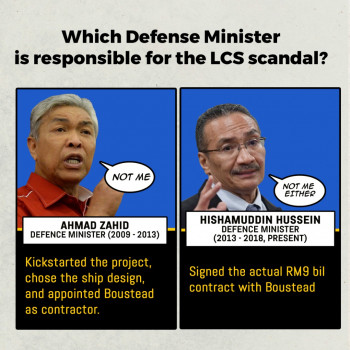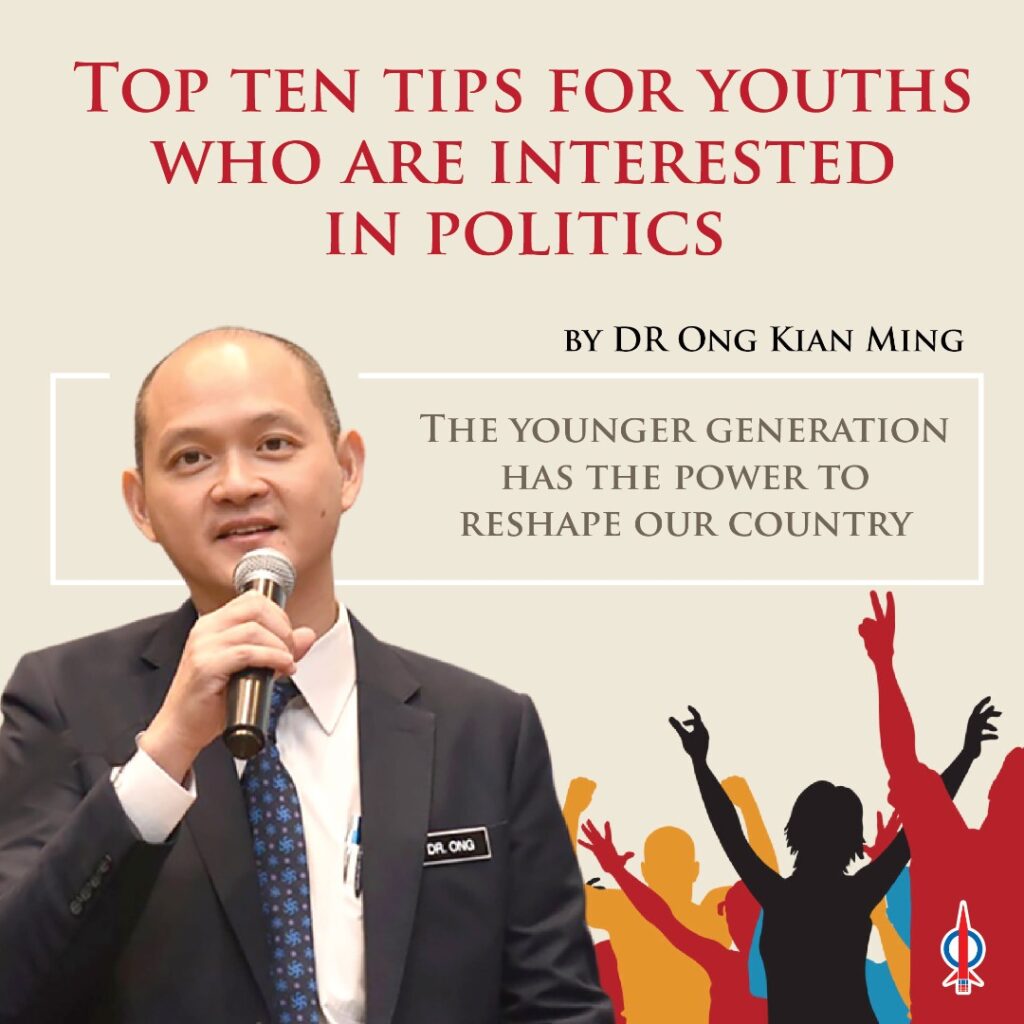
“I believe the children are our future….” is the start of a famous Whitney Houston song. I very much believe that the younger generation of political leaders, public policy thinkers and social activists are the future of the country, now more so than before. Many of them are disappointed and disillusioned with the current political landscape and many of them are standing up to be counted through activism such as the recent #LAWAN protests, through public advocacy such as the #UNDI campaign and through the many discussions on CLUBHOUSE and ZOOM webinars which have been happening regularly throughout this COVID19 pandemic.
On this 58th Malaysia Day, I want to give a few pointers to all those young people out there who are interested in politics and public policy making so that your journey towards greater political and publicly policy awareness can be a more meaningful one:
1) Get experience via meaningful internships
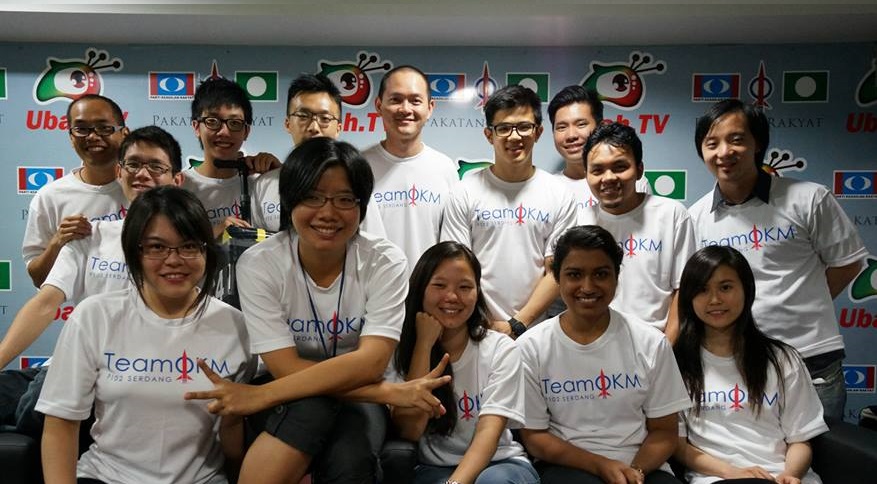
The internship landscape in Malaysia now is very different from when I was studying in university back in the mid-1990s. Most large corporations, consulting and professional services firms have their own established internship programs that are part and parcel of their recruiting strategy. There are far more public policy think-tanks of different ideological persuasions now – ISIS, IDEAS, REFSA, The Centre, EMIR, IDE, SERI, IMAN (just to name a few) – for those interested in public policy to seek internships with during their school breaks.
I’ve had the opportunity to work with hundreds of interns since I came back to Malaysia in 2010 after completing my PhD in the United States. Not all of them have gone into full time politics or public policy making. But some have. One intern is a state assembly representative now in Selangor. Another had the opportunity to work in the office of the Minister of Finance after he graduated from his Masters program in the UK. Another worked for me as my special officer when I was Deputy Minister at MITI. Another is working as an assistant to a local councillor as he completes his undergraduate studies. Another was my parliamentary researcher for many years and just recently graduated from a Masters program in the US where she was a Fulbright scholar.
I still keep in touch with some of my interns. One of them was even kind enough to sponsor an internship program under my office in 2015![1]
During the past 3 months, despite the pandemic, I managed to work with 13 interns doing various research and on the ground projects. Most of them found their experience rewarding.[2] And they gave me some nice birthday presents too! (See Picture below)
Picture: Book and Cap from #TeamOKMInterns2021
2) Get a few good mentors
When I first started working at the Boston Consulting Group (BCG) as an Associate Consultant way back in 1999, I didn’t realize the need to have good mentors – senior people either in my own company or in my circle of friends whom I could talk to for career advice. Along the way, I realized that it was probably better for me to learn from different individuals – people who were more senior than myself as well as my own peers. I’m very thankful for the opportunity to learn from many people in the political sphere in Malaysia, from their many strengths as well as from some of their weaknesses.
I would strongly advise those seeking experiences in the political and public policy landscape to look out for good mentors to learn from. You may seek out these individuals explicitly to ask for career advice or you may learn from these individuals by observing them from a distance, for example, by reading their press statements and following them on social media.
3)Get together with like-minded people

It is much easier for the younger generation to seek out like-minded people with a passion for political activism and public policy these days. I was thoroughly impressed by how young activists organized themselves for a sit-in in front of parliament to protest the closure of parliament during the emergency and then later for the #LAWAN protests at Dataran Merdeka.
Of course, not all gatherings have to be public protests. Many discussions on various areas of public policy and politics are taking place among the younger generation on Clubhouse and on Zoom. There are also platforms such as Dewan Muda[3] where different youth from different backgrounds and geographical locations congregate to receive leadership and public policy training and engage with each other in rigorous debates.
I would encourage the younger generation to seek each other out not just to discuss politics and public policy but to undertake small but meaningful projects which can help marginalised communities around their midst. Only when the rubber hits the road can our theories about how to better govern the country can be tested and refined.
4) Get used to sharing your views and having them critiqued
In politics as well as in public policy, we have to get used to people disagreeing with us, sometimes in disagreeable ways. Thankfully, there are ‘safer’ ways to put our viewpoints to the test and for the younger generation to train themselves to debate and discuss issues, hopefully in a civilized manner. Small clubhouse gatherings are one avenue. Carefully curated zoom meetings could be another. For those who are more adventurous, twitter is the place to have more ‘robust’ but often less meaningful feedback. Each person should find the platforms which can help refine his or her skills not just for sharing viewpoints but also to listen to and understand other points of view.
5)Get exposure to and from social media strategically
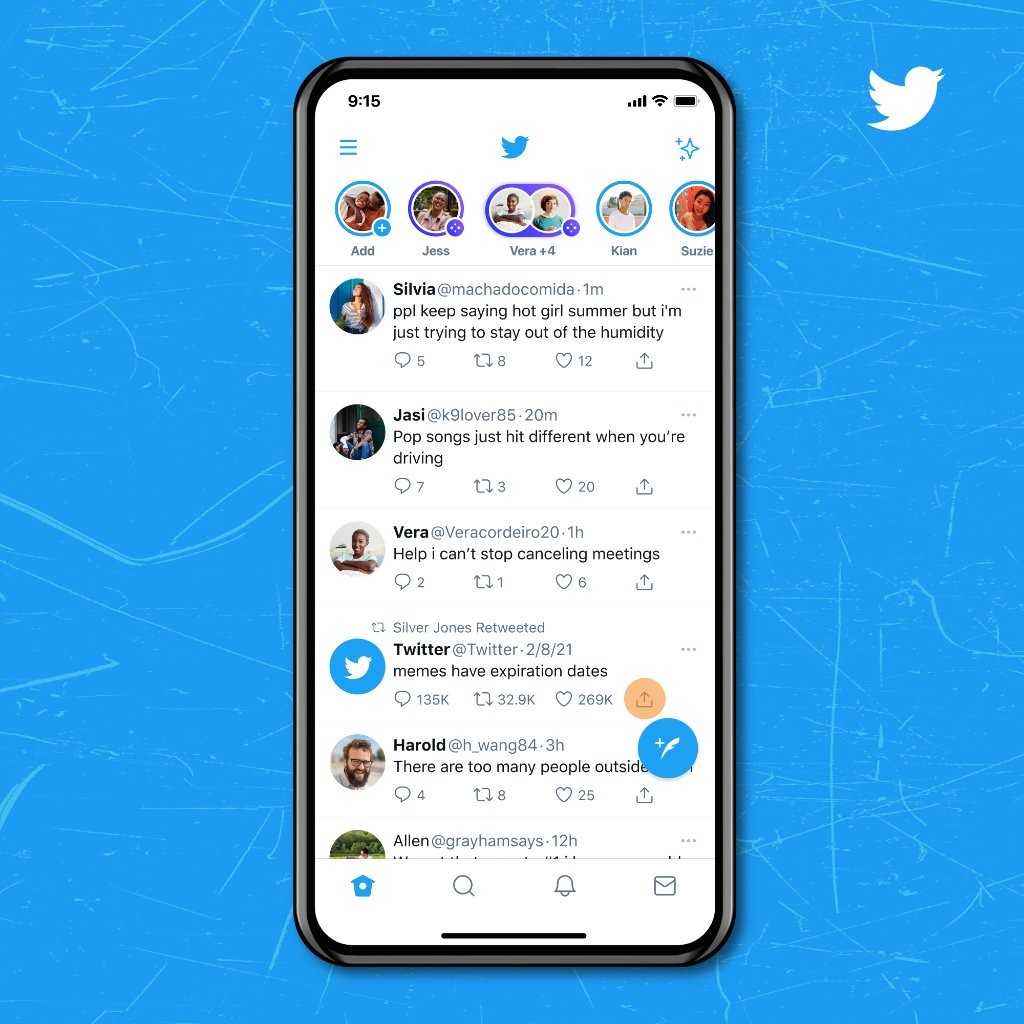
These days, anyone can get a twitter account. But not everyone uses their twitter account strategically. The same can be said of the strategic use of other social media platforms. I advised my interns to subscribe to a twitter account so that they can follow politicians, public policy experts and political activists to see what these people are sharing on their respective timelines. For the more adventurous, I advised them to share their views on twitter and to monitor the responses to their views closely and carefully. Don’t lash out against others on twitter but instead, exercise constraint.
I also made it mandatory for my interns to get a Linkedin account for professional development. Articles, thoughts and comments shared on Linkedin are much more helpful and insightful for career development and business strategies compared to the more combative atmosphere on twitter.
Instagram is more for sharing your personal stories and branding in a positive way.
As for facebook, I’m not sure how many in the younger generation actually use it on a regular basis. I hear that Tiktok is the way to go but I haven’t gotten on it yet. Should I?
6) Get acquainted with data
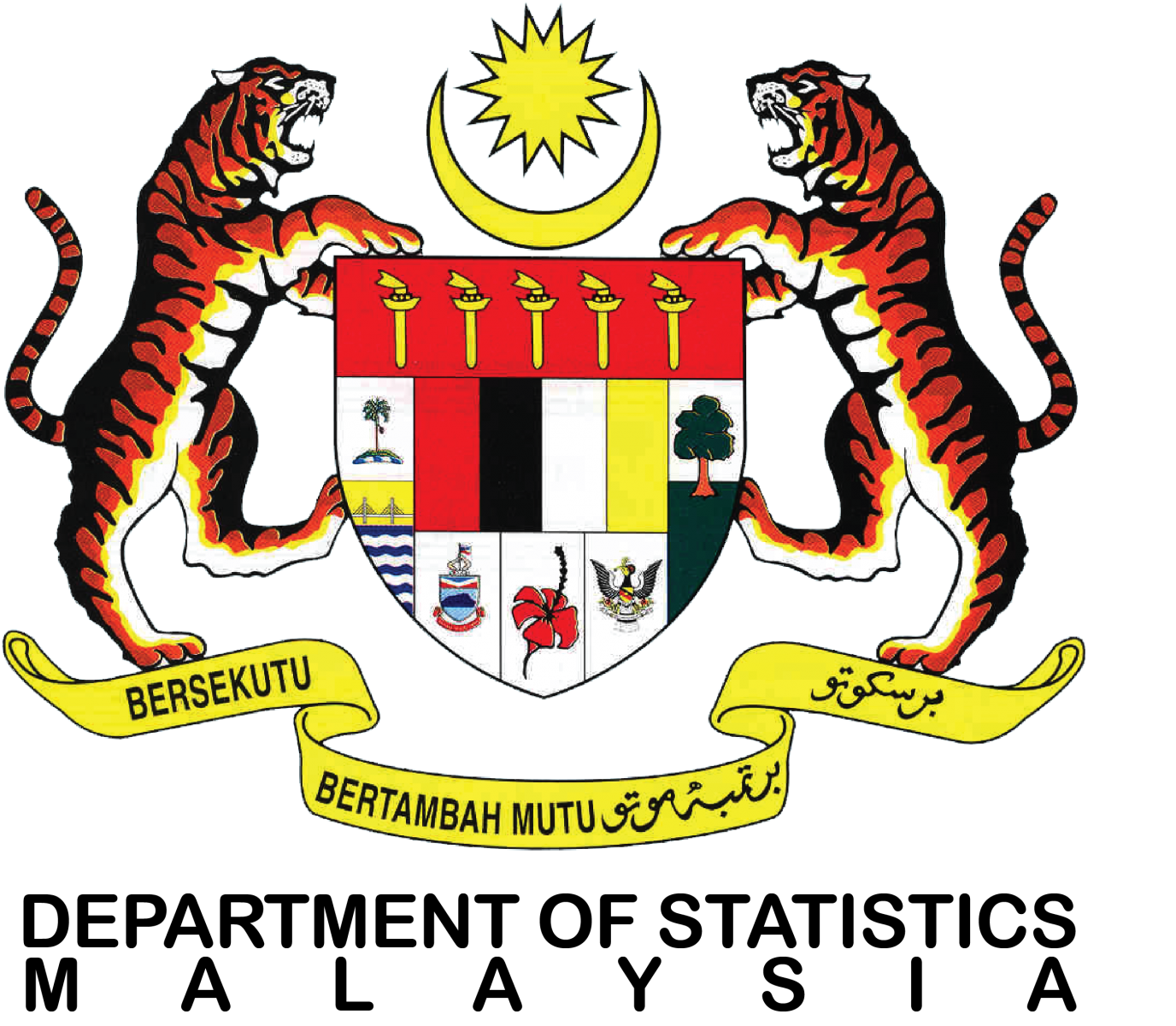
I advised all of my interns this year to sign up for a Department of Statistics Malaysia (DOSM) account, for free! [4] One of the frustrations I face is that most politicians and policy makers do not refer to statistics and information when speaking, writing or making decisions. The need for data driven decision making processes has been highlighted during this pandemic and if the younger generation is to make a meaningful contribution towards public policy discussion, it is imperative that they should get familiar with statistics and how to use these statistics to inform their public policy discussions and debates. And for those who have the opportunity to contribute to public policy research, the ability to convert data into meaningful analysis is crucial.
7)Get used to listening and learning from podcasts
We have access to plenty of content these days but one of the most enjoyable and insightful ways to learn about new content is through podcasts. You can listen to them in the car or while taking the bus or the train and even while you’re exercising or waiting for the lift. You get to listen to insights from smart podcast hosts and well-informed and articulate guests. And best of all, most if not all of the content is FREE! I would definitely recommend listening to BFM podcasts for the best local content and to the Economist, NPR, New York Times, BBC and Slate podcasts for international content. I’m discovering more and more interesting podcasts over time but am finding less time to listen to all of them!
8)Get some good recommendations for books to read
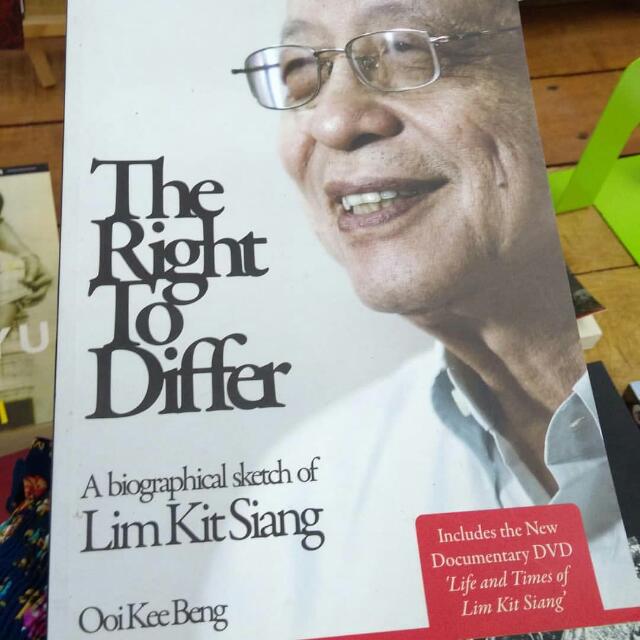
Our handphones are probably our best friends given the amount of time we spend on them. But once in a while, it’s good to put the phone away and to reach for a good book or two. There’s nothing like trying to understand the ideas and arguments put forth by an author (for non-fiction books) and to enjoy the prose and writing of an accomplished wordsmith (for fiction books). Ask your friends (and perhaps mentors) to recommend some good books to read. It can be on any topic as long as it’s a good, recommended read. And for those of you who have forgotten how to read a book, there’s always the audio book option.
9)Get professional exposure
I often advise my interns to get some experience in the corporate and non-political world, especially for those who want to dive into politics straight away after graduation. A few years in the corporate sector is tremendously helpful in learning the structures and processes of an organization, be it a large, medium-sized, or small company. I have definitely benefitted from my experiences in management consulting, policy research and academia before I joined full time politics in 2012 and was elected into office in 2013. I still use many of the concepts and frameworks from my management consultant days in my policy analysis and parliamentary debates.
10)Get ready to mentor others
Last but not least, it is never too early to think about passing the torch to the generation after you. This means that even as you are developing your own professional career and learning about politics and public policy making from others who are more experienced than yourself, be mindful of developing your own mentorship skills and abilities so that you can mentor others down the road. As the lyrics of a popular song goes … “It only takes a spark, to get a fire going” … So get ready to Pass It On!
Dr. Ong Kian Ming
MP for Bangi



